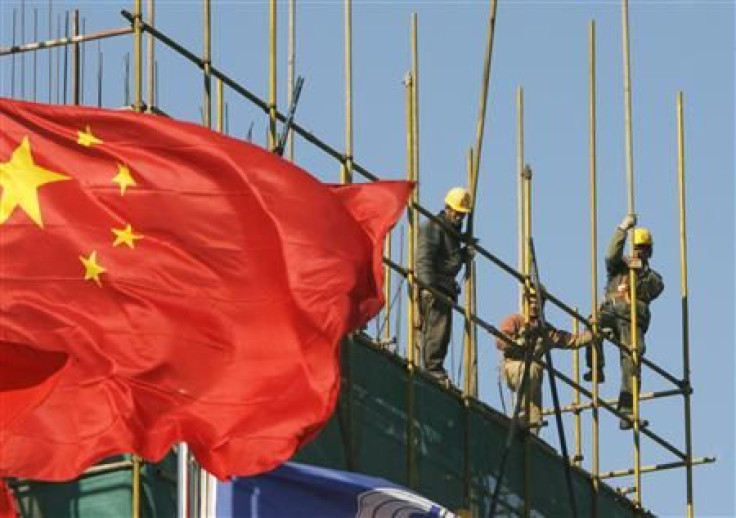China Arrests Another Dissident, Zhu Yufu, on Subversion Charges

Veteran dissident Zhu Yufu has been indicted by Chinese authorities on charges of attempting to subvert the state for writing a poem urging people to gather to defend their freedoms, his lawyer said Tuesday, the latest in a string of indictments or trials of popular dissidents this year.
A date for Zhu's trial has not been set, according to his lawyer, Li Dunyong, who added that his client was in good condition.
Zhu, 60, was formally arrested last April, just as China began a massive clampdown on dissent. Chinese officials have not commented on the reported charge, but the Foreign Ministry responded to United States Ambassador Gary Locke's assessment that human rights in the country were deteriorating, Reuters reported.
Such statements are not true, said Foreign Ministry spokesman Liu Weimin. The Chinese side attaches great importance to promoting and protecting the fundamental rights and interests of people of all ethnic groups, including the freedom of expression and of religion.
Locke had made the comment in an interview with Charlie Rose on Monday.
The main reason for the indictment was a poem he had written calling for people to gather. He had written the poem around the same time there was chaos (in the Middle East), Li said. He believes in the freedom of expression.
Zhu wrote the poem, titled It's Time early last year, just as a series of uprising in the Middle East encouraged a small group of activists outside China to issue a call for a Jasmine Revolution.
A snippet of the poem reads: It's time, Chinese people! The square belongs to everyone/ the feet are yours/it's time to use your feet and take to the square and make a choice. The poem had been published online, Zhu's lawyer said.
Zhu, who is from Hangzhou, has been jailed twice previously for activism - in 1999 for seven years for helping found the China Democracy Party, an opposition political group, during former President Bill Clinton's June 1998 state visit, and in 2007 after pushing a police offers while being arrested, the New York Times reported.
As for some people who have dealt with the law, it's not because their freedom of expression and freedom of religion have been suppressed, the foreign ministry spokesman said. It's because they have violated Chinese laws and regulations and so should be punished by the law. It has nothing to do with so-called human rights.
The crackdown on dissidents has been intensifying since December 2008, when writer and intellectual Liu Xiaobo was detained after helping write the Charter 08 democracy manifesto. Awarded the 2010 Nobel Peace Prize, Liu was convicted of subversion in December 2009 and is serving an 11-year prison sentence.
Last March, a Sichuan Province charged activist Liu Xianbin on subversion charges and sentenced him to 10 years in prison. Chen Wei, another rights activist in Sichuan, received a nine-year sentence for subversion in December. And on Dec. 26, Chen Xi was sentenced to 10 years for subversion by a Guizhou Province court, the Times reported.
© Copyright IBTimes 2024. All rights reserved.











